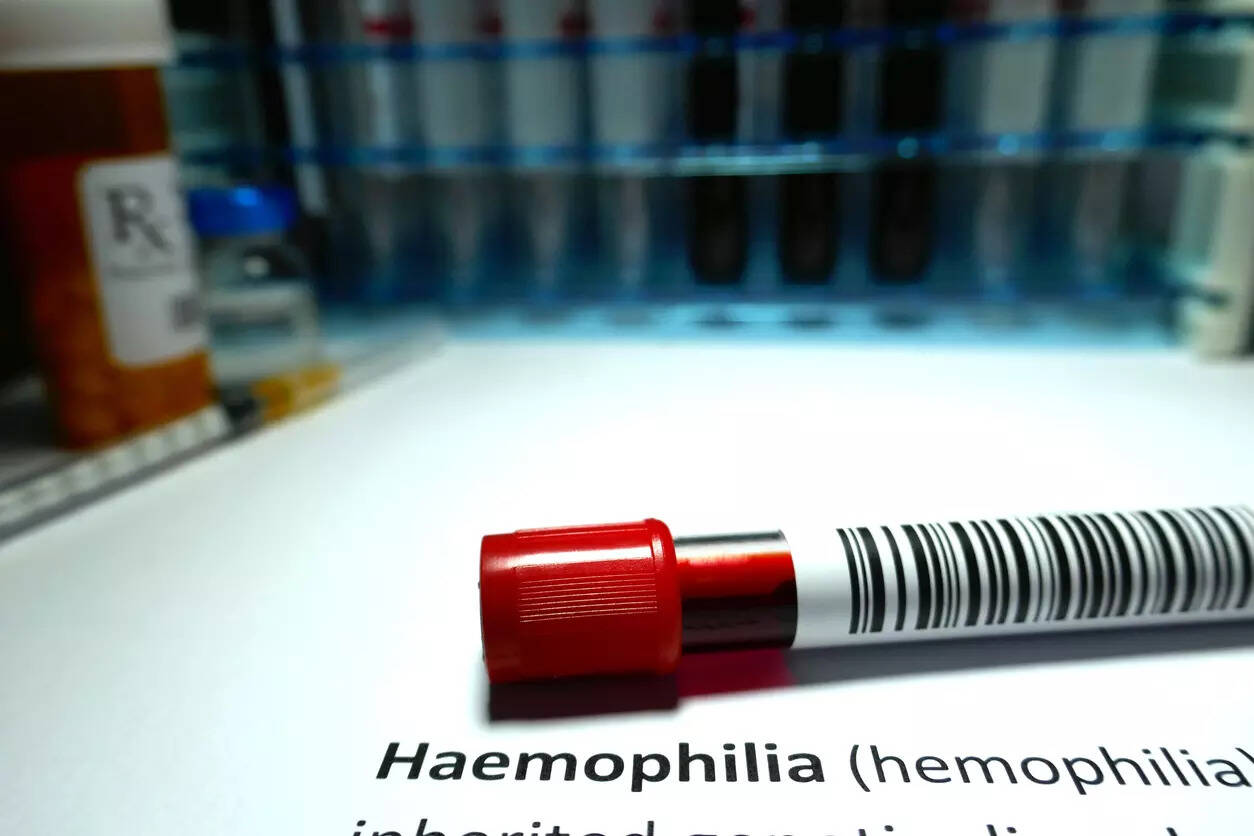
Research led by deCODE genetics in Iceland has revealed genetic variants in two genes, AKAP11 and HECTD2, convey a previously unknown risk for bipolar disorder.
Although this is the first time either of these genes has been linked with bipolar disorder, variants in AKAP11 have been linked to psychosis and schizophrenia in the past.
“Bipolar disorder is a serious psychiatric condition and has a large impact on individuals and society; if untreated, it comes with a high suicide rate,” wrote the authors in Nature Genetics. Almost 3% of adults in the United States have this condition, which is characterized by alternating bouts of mania and depression.
Although several treatments are available for people with bipolar disorder, they do not work for everyone and, even if effective, often have problematic side effects. The condition is very heritable with more than 35 genes known to be linked to the condition. Estimates from twin studies suggest heritability ranges from 60–80% and therefore improving knowledge about how genetics contributes to the condition could help uncover new drug targets as well as improve risk prediction for affected families or individuals.
In this study, first author Thorgeir Thorgeirsson and colleagues from deCODE, now owned by Amgen, searched for loss of function variants linked to bipolar disorder in whole genome sequencing data from deCODE’s Icelandic database and also from the UK Biobank.
Overall, the team analyzed data from 6,078 bipolar cases and over 600,000 controls across both biobank databases. They found that variants in both the AKAP11 and HECTD2 genes were significantly associated with bipolar disorder.
AKAP11 encodes a protein that helps regulate protein kinase A, an enzyme involved in several different cellular processes in the body. It has been linked to schizophrenia and combined bipolar disorder and schizophrenia in the past. HECTD2 encodes an enzyme linked to protein breakdown. It has not been associated with psychiatric disorders in the past but has been linked to skin cancer and susceptibility to prion diseases.
The protein products of both these genes are known to interact with the GSK3B protein, which is thought to be inhibited by lithium, a common mood stabilizer used to treat bipolar disorder.
“Further functional studies, identifying the substrates of HECTD2 in particular, are required to understand the rich biology involved, and how GSK3B, AKAP11, and HECTD2 act to influence the regulation of proteins and pathways relevant to the underlying biology of bipolar disorder,” the authors wrote.









![Best Weight Loss Supplements [2022-23] New Reports!](https://technologytangle.com/wp-content/uploads/2022/12/p1-1170962-1670840878.png)




